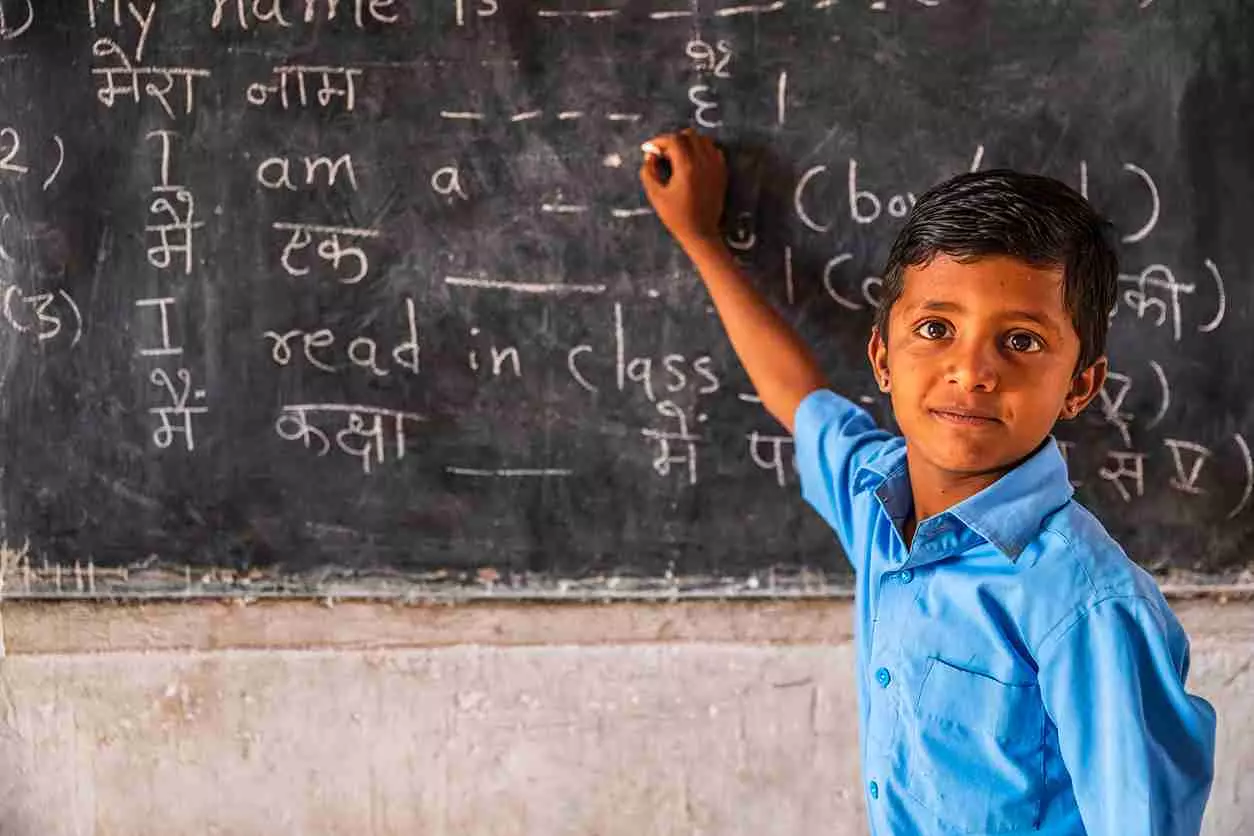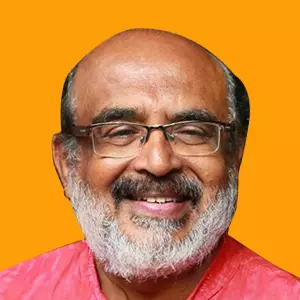
- Home
- India
- World
- Premium
- THE FEDERAL SPECIAL
- Analysis
- States
- Perspective
- Videos
- Sports
- Education
- Entertainment
- Elections
- Features
- Health
- Business
- Series
- In memoriam: Sheikh Mujibur Rahman
- Bishnoi's Men
- NEET TANGLE
- Economy Series
- Earth Day
- Kashmir’s Frozen Turbulence
- India@75
- The legend of Ramjanmabhoomi
- Liberalisation@30
- How to tame a dragon
- Celebrating biodiversity
- Farm Matters
- 50 days of solitude
- Bringing Migrants Home
- Budget 2020
- Jharkhand Votes
- The Federal Investigates
- The Federal Impact
- Vanishing Sand
- Gandhi @ 150
- Andhra Today
- Field report
- Operation Gulmarg
- Pandemic @1 Mn in India
- The Federal Year-End
- The Zero Year
- Science
- Brand studio
- Newsletter
- Elections 2024
- Events
- Home
- IndiaIndia
- World
- Analysis
- StatesStates
- PerspectivePerspective
- VideosVideos
- Sports
- Education
- Entertainment
- ElectionsElections
- Features
- Health
- BusinessBusiness
- Premium
- Loading...
Premium - Events

The Centre’s insistence that Kerala sign the PM SHRI agreement to access Samagra Shiksha funds raises a fundamental question about India’s federal balance and the autonomy of state-led education
The PM SHRI (Prime Minister's Schools for Rising India) scheme has once again become a focus of political debate in Kerala. The state government’s willingness to consider the programme has prompted the BJP state president to demand an apology from the CPI(M). But for what?
Our position has not changed: we continue to oppose the National Education Policy (NEP) for its centralising and exclusionary design, and we will continue to voice our critique publicly. The Congress, echoing the BJP, claims that Kerala’s openness to PM SHRI reflects a tacit understanding between the two parties. This argument is entirely baseless. Every Congress-led state has already implemented PM SHRI, yet Kerala alone is being accused of compromise.
Also Read: Kerala govt U-turn on PM SHRI opens rift in LDF; CPI blasts CPM
'Centralised education agenda'
Kerala functions within the federal structure of the Indian Constitution. Education, by law, is a state subject. It was the Congress, during its tenure at the Centre, that opened the door for central intervention in this domain. The BJP has merely used that opening to advance a sectarian, centralised education agenda.
Kerala refused to implement the NEP, instead, it chose to strengthen its own public education model. The state’s achievements over the past decade, from infrastructure to inclusive schooling, illustrate what decentralised policy can achieve.
Now the Centre proposes PM SHRI — a scheme to designate two schools per block as model institutions. Nationwide, 14,500 schools will be brought under it, with the Centre allocating ₹18,128 crore over five years, and states contributing ₹9,232 crore (40 per cent).
Each PM SHRI school may receive around ₹2 crore in that period. Compared to what Kerala has already invested through the Kerala Infrastructure Investment Fund Board (KIIFB), this is modest. Even without these funds, Kerala’s school-reform efforts would continue unhindered.
Also Read: With its progressive education framework, Kerala takes on Centre’s NEP
PM SHRI scheme - a controversy
The real issue lies elsewhere. The Centre has linked the PM SHRI agreement to the release of funds under the Samagra Shiksha Abhiyan (SSA). In 2023–24, Kerala received ₹1,031 crore through SSA. In 2024–25, not a rupee was released because the state did not sign the PM SHRI memorandum. Out of a national SSA corpus of ₹37,000–38,000 crore, Kerala’s share has been a meagre 0.8–2.5 per cent. If this freeze continues, the state could lose ₹5,000 crore over five years — roughly the duration of the PM SHRI scheme.
Can Kerala, already under fiscal pressure, afford to forgo such a sum? What will happen to the thousands of teachers currently employed under SSA? If these services stop, what would it mean for the quality of public education in Kerala?
The Centrally Sponsored Schemes (CSS) were originally conceived as a means of supporting the states, a fiscal bridge that allowed the Union Government to assist them in achieving shared national goals while respecting their policy autonomy. The underlying principle was cooperative federalism that the Centre and states would work as partners, not as superiors and subordinates.
Over time, however, this principle has been systematically eroded. The CSS framework, once a symbol of partnership, has increasingly become an instrument of control. Today, these schemes are used not merely to align development priorities but to impose the political and ideological agenda of the ruling party at the Centre upon the states.
Schemes - ideological coercion?
This trend is visible across sectors. Under the PM SHRI scheme in education, and similarly under the National Health Mission (NHM) in health, the Union Government has begun using funding mechanisms as a means of ideological coercion. States are told that if they do not endorse the Centre’s policy frameworks, their financial allocations will be withheld. What was once a voluntary partnership has turned into conditional compliance.
Such financial coercion to bring states to heel is alien to the Constitution. Over the past five years, the Centre’s allocation to Kerala has not increased but it has fallen by 25 per cent. Yet both the BJP and the Congress remain silent, effectively endorsing this erosion of federalism.
The Kerala Government has taken the matter to court and continues to expose these trends, but the debate has not received the media and opposition attention it deserves.
Also Read: Take a cue from Tamil Nadu: Top Kannada body proposes two-language formula in Karnataka
Educational autonomy
If fiscal necessity compels Kerala to sign the PM SHRI agreement, the state must proceed with clear safeguards to protect its educational autonomy. First, while two schools per block will be designated as PM SHRI institutions, nothing prevents Kerala from continuing its longstanding practice of naming them after social reformers and renaissance leaders, preserving the state’s cultural and historical legacy.
Second, there is the issue of whether the Union Government might include self-financing schools under the scheme. So far, of the more than 10,000 schools selected nationwide, none are self-financing. Any attempt by the Union Government to include such schools in Kerala must be firmly resisted.
Third, although the scheme requires adoption of the national curriculum framework, there is sufficient scope for local content and contextual adaptations. Kerala’s teachers, PTAs, and community oversight will ensure that these schools are not subject to ideological takeover.
Finally, the language issue, which has provoked controversy in Tamil Nadu, is largely irrelevant in Kerala, where Hindi has been taught from the upper-primary level for decades, and does not constitute a flashpoint.
Signing PM SHRI does not mean ceding ideological ground. Kerala will continue to resist the BJP’s communal education agenda while working within the limits of India’s federal system.
Our state’s history is rich with progressive alternatives achieved despite central constraints, from land reforms to public health and education. Defending our autonomy in schooling is part of that same legacy. The PM SHRI debate, therefore, goes beyond a funding scheme. It tests whether Indian states still possess the freedom to shape their educational futures. Kerala must continue to uphold that right, with clarity, caution and conviction.
(The Federal seeks to present views and opinions from all sides of the spectrum. The information, ideas or opinions in the articles are of the authors and do not necessarily reflect the views of The Federal.)


